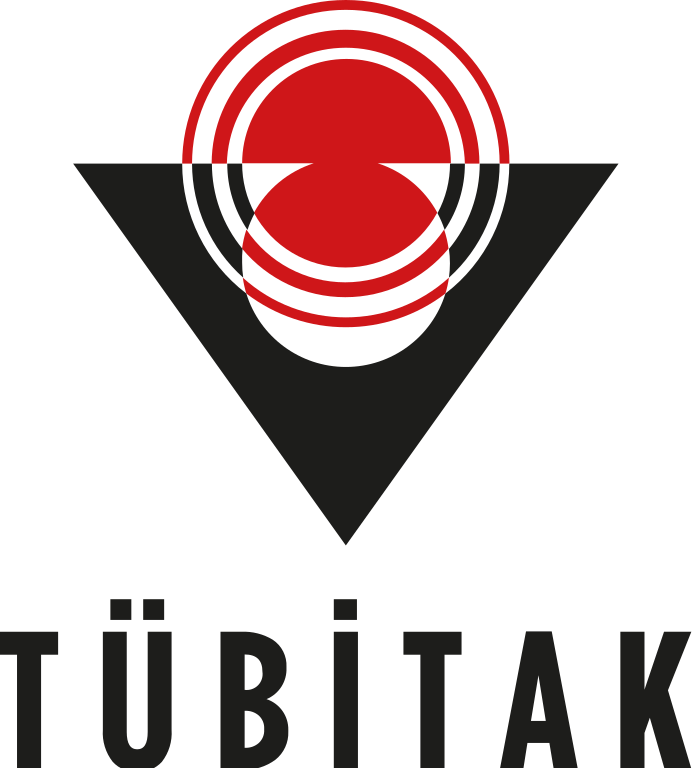Online Activism through Social Media: The Case of Turkey
This project aims to examine online behavior as an indicator of social and political transformation, seeking to understand the position of online activism as a form of political participation in Turkey. To achieve this, the study will utilize the “Secim2023” dataset, the most comprehensive social media dataset collected to date for the analysis of the 2023 general elections, as well as Twitter data collected regularly from streaming data since 2011. The research will focus on three main questions:
- Changes in digital activism before and after elections: By analyzing shifts in digital activism across different topics during general and local election periods, the study aims to reveal how citizens and activists prioritize issues based on the political calendar.
- The relationship between agenda-setting and polarization in digital activism: This section examines how different social events intensify or reduce political polarization. It investigates how political parties, media organizations, and ordinary users shape public discourse around political events and how this process reinforces polarization, often through selective exposure and echo chambers.
- The role of political elites in shaping online political discourse and activism: Political elites strategically use social media to engage with citizens and manage online protests. This project specifically explores how Turkish political leaders approach digital activism and use platforms like Twitter to respond to or influence these activities, particularly in the context of political polarization.
Globally and in Turkey, platforms like Twitter have become crucial tools for amplifying opposition voices and raising awareness about grievances that are underrepresented or misrepresented in mainstream media. Studying digital activism on Twitter provides not only a significant contribution to the literature on social movements but also an opportunity to understand how online platforms are utilized in contexts where political participation is restricted. In this respect, the study supports the development of civic awareness, contributing to democratic reforms emphasized in the 13th Development Plan, particularly goal 3.5.3, which aims at justice-oriented democratization.
The project addresses an underexplored aspect of the literature by linking election cycles to digital activism and employs a time-series analysis of online participation in Turkey from 2011 to 2021. By combining content analysis and computational methods, such as hashtag analysis, tweet analysis, and user behavior studies, the research evaluates how these factors change before and after elections. It also provides a unique focus on how political elites shape online discourse and influence digital activism. Causal models like Regression Discontinuity Design (RDD) and Vector Autoregression (VAR) will serve as crucial tools to measure the impact of election cycles and the agenda-setting power of political parties and media organizations. Additionally, natural language processing (NLP) and network analysis are highlighted as important computational techniques for studying online engagement and digital activism.
This project is funded by TUBITAK 3501 (125K500) Career Development Program
| Funding Agency |

|
|---|---|
| Proje Duration |
|
| Team |
|